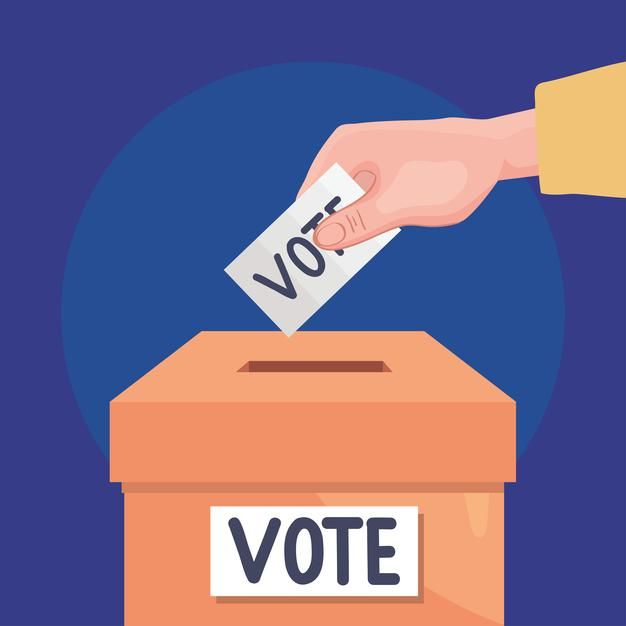In a significant development, Pakistan’s Election Commission (ECP) has officially announced the postponement of the highly anticipated general elections, originally slated for November this year. The delay is attributed to the Election Commission’s meticulous process of marking constituencies anew. According to a press statement released by the ECP, the final list of newly delineated constituencies will be unveiled by November 30. Subsequently, the nation will embark on a 54-day journey encompassing the filing of nomination papers, appeals, and intense campaign activities, culminating in the polls taking place in the last week of January 2024.
As per Pakistan’s constitutional mandate, elections must occur within 60 days following the dissolution of the national or provincial assembly upon the completion of their respective five-year terms. Alternatively, if dissolution transpires earlier, elections are required to be held within 90 days. This electoral delay comes on the heels of Prime Minister Shehbaz Sharif’s approval of the latest national census results, marking the onset of constituency redrawing, or delimitation.
The announcement of this electoral rescheduling unfolds against a backdrop of multifaceted challenges that Pakistan confronts. The nation grapples with severe economic woes, political turbulence, and security crises, rendering the upcoming elections of paramount significance.
In a dramatic political turn of events last April, Imran Khan was removed from the position of Prime Minister following a parliamentary vote of no confidence. In the aftermath of his ousting, Khan and his political entity, the Pakistan Tehreek-e-Insaf (PTI) party, have vigorously advocated for early elections. However, their campaign efforts have been met with a sweeping statewide crackdown in May, leading to the arrest of thousands, including Khan himself.
Adding to the political maelstrom, Khan faced arrest once again just last month, this time in connection with a corruption case, subsequently receiving a three-year jail sentence. Although a high court has temporarily suspended his sentence, Khan remains in custody due to the “cipher” case, wherein he stands accused of publicly disclosing the contents of a confidential diplomatic cable for political gain. Khan contends that the diplomatic cable serves as evidence of collusion between the United States, the Pakistani military, and his political rivals to unseat him from power – allegations firmly denied by both Washington and the Pakistani military.
Beyond the political sphere, Pakistan grapples with an acute economic crisis, resulting in a precarious balance-of-payments situation and soaring inflation. The country narrowly avoided a default crisis in July thanks to the approval of a bailout package by the International Monetary Fund (IMF). However, this financial lifeline comes with stringent conditions, including the removal of subsidies on fuel and power prices and the imposition of additional taxes, leading to widespread protests across the nation.
Moreover, Pakistan is witnessing a resurgence of violence perpetrated by armed groups, primarily in the Khyber Pakhtunkhwa and Balochistan provinces. The Pakistan Taliban, a banned militant organization with ideological alignment with the Taliban in Afghanistan, has intensified its activities, launching more than 300 attacks since the beginning of this year.
As Pakistan navigates through this intricate web of challenges, the postponement of the general elections adds a layer of uncertainty to the nation’s political landscape. The new timeline, culminating in late January 2024, will undoubtedly be marked by intense campaigning, political maneuvering, and public scrutiny, as Pakistan’s electorate eagerly awaits the opportunity to cast their votes.


